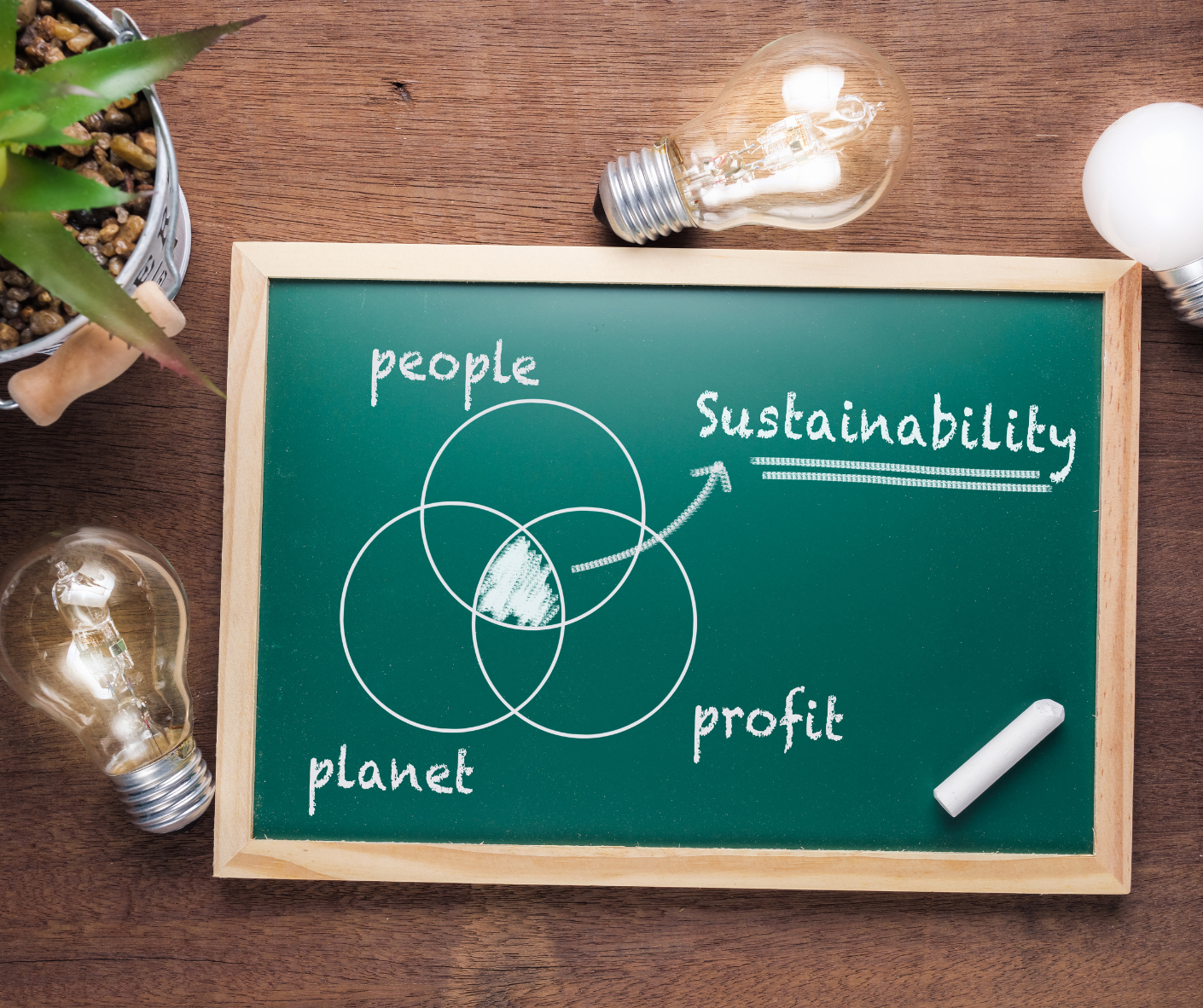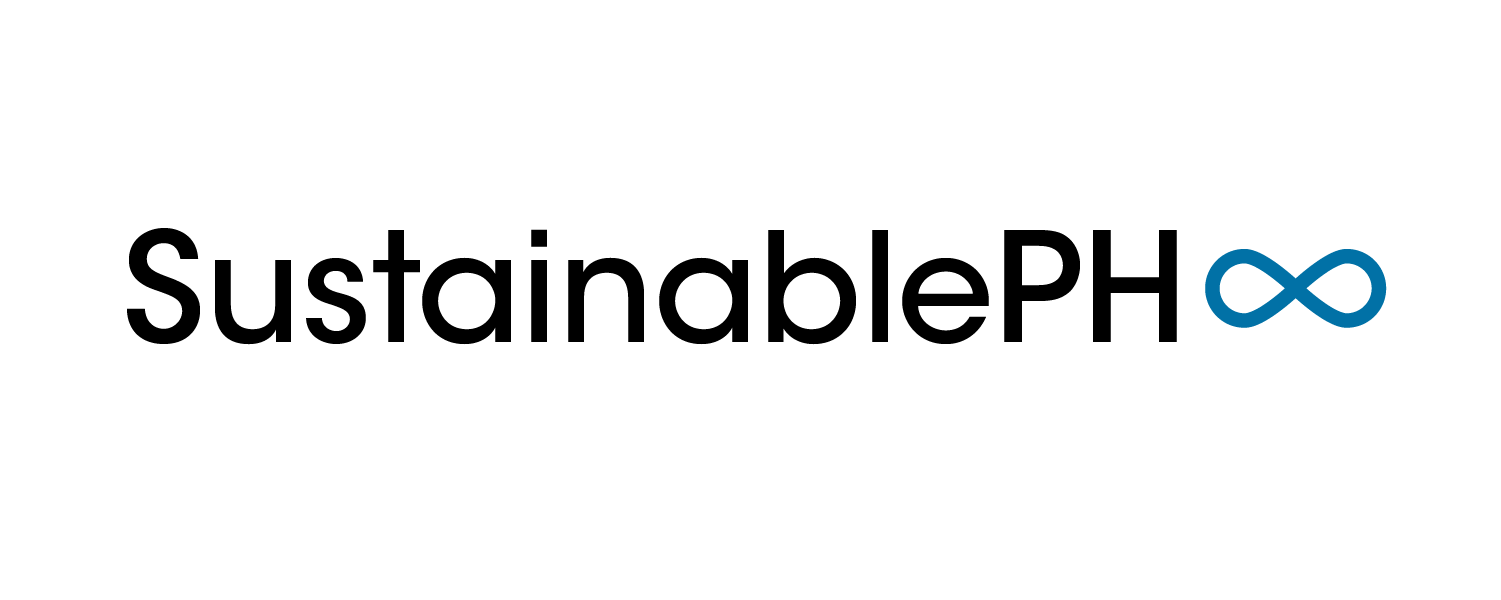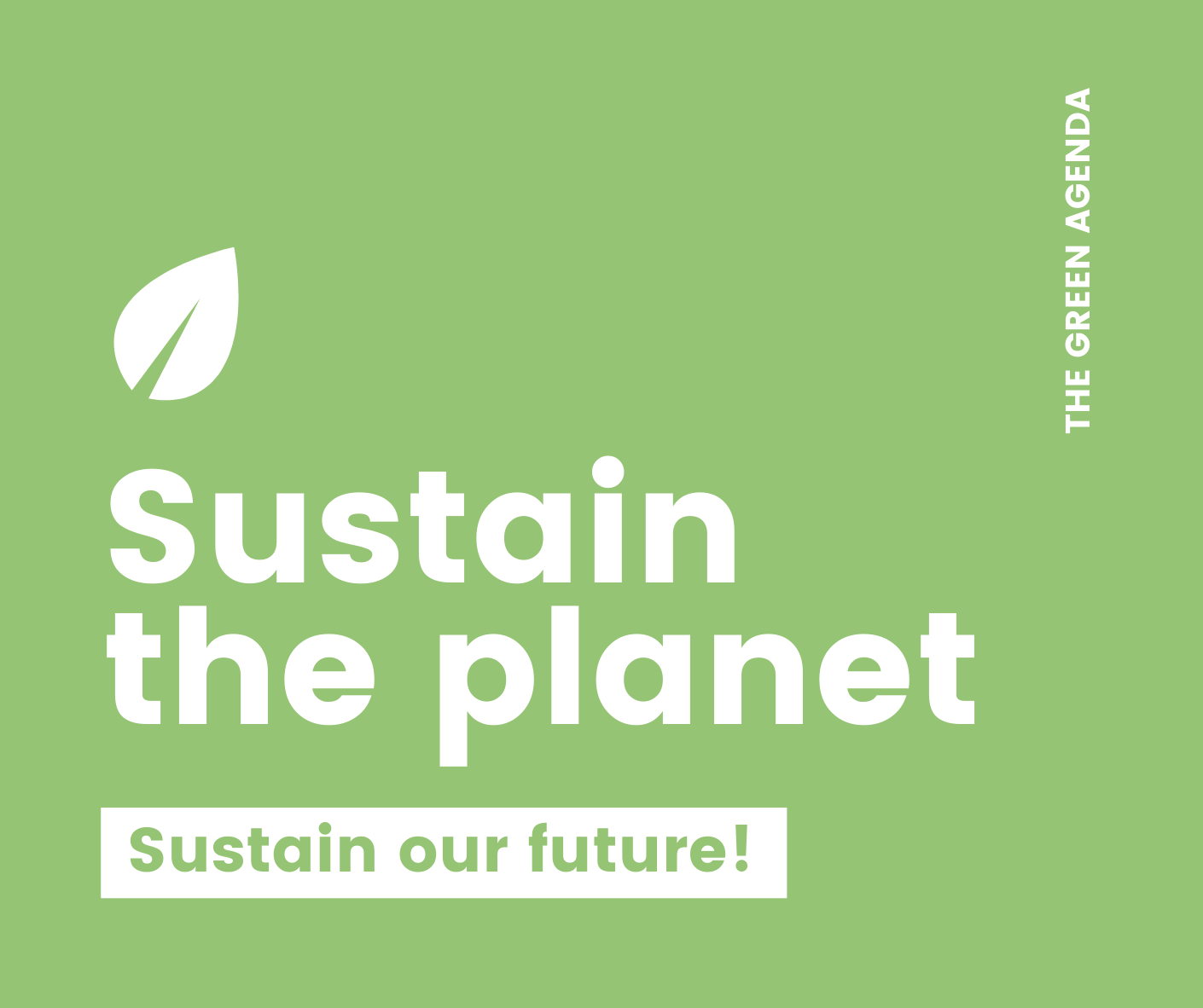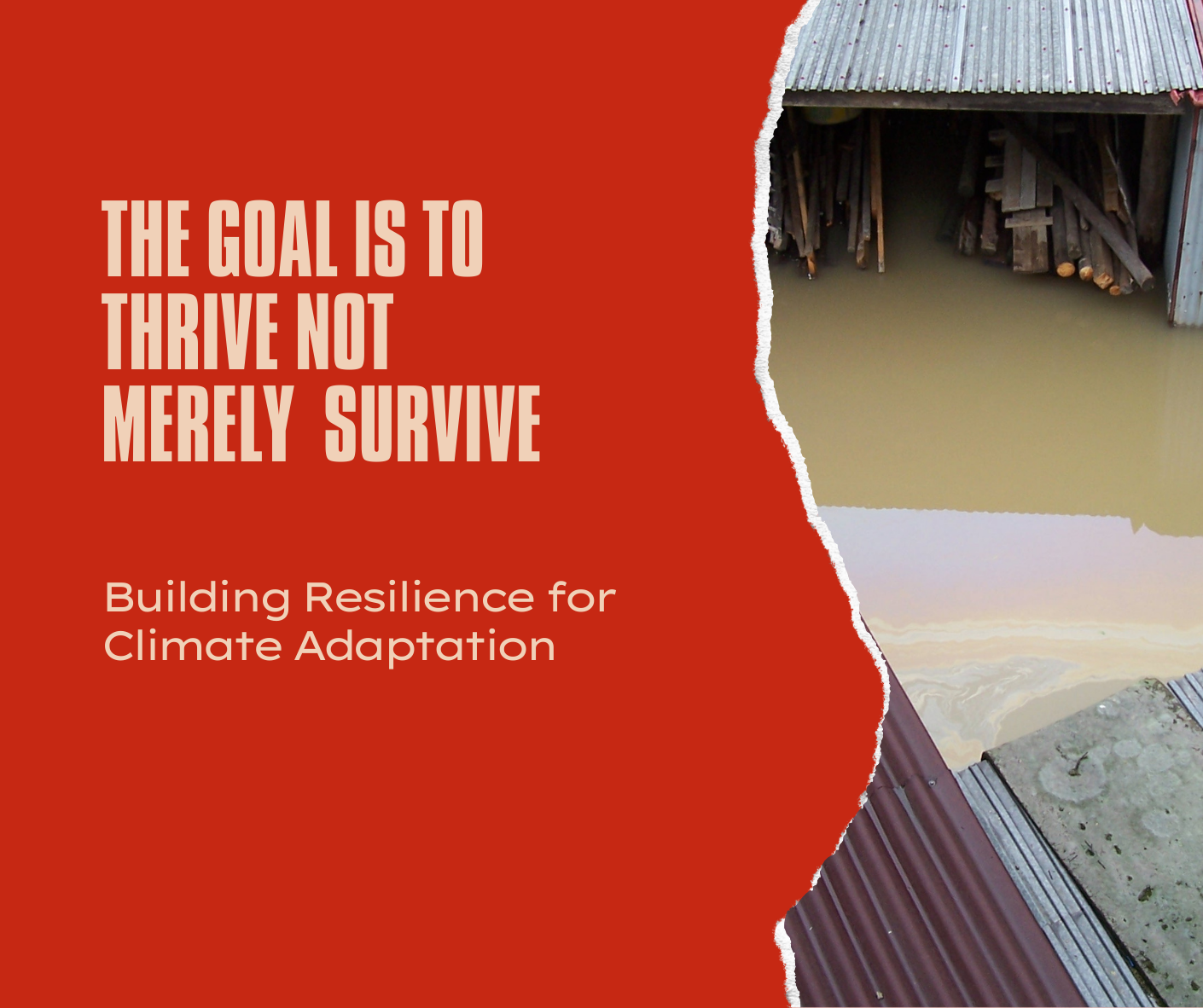
Navigating Through Sustainability Reporting Framework
Just a couple of years back, the Securities and Exchange Commission (SEC) in the Philippines mandated publicly listed companies to disclose on their sustainability practices as part of the SEC17-A Annual Report. While this was introduced following a ‘comply or explain’ approach, companies took on the challenge rather quickly. The SEC has provided a number of global reporting standards frameworks for companies to pattern their report on. Of these, the Global Reporting Initiative (GRI) standards has become the most widely used.
Immediately, we saw the rise of sustainability reporting webinars, trainings and even consultancy services. Before companies can even take off on the reporting journey, the clamor for a wider scope and deep-dive discussions on strategy and sustainability targets emerged rapidly. The increasing demand from investors for companies to disclose on climate related risks may have accelerated this. One of the most accepted frameworks is The Task Force for Climate Related Financial Disclosures (TCFD). Such disclosures provide insights on how companies assess climate risks, explore scenarios and manage its eventuality.
Heedless to the fact that companies may have more than enough on their plates to process GRI and TCFD, the Covid-19 pandemic posed another scenario. This time, one that explicitly demonstrated how inter-connected and inter-dependent we all are – through our supply chain, our human resources, the environmental risks such as air quality and market trends. We were faced with great challenges – testing the limits of our health systems, the inclusivity of our supply chains, the flexibility of human resource management and the robustness of our financial services. Seeing sustainability and business resilience to be integrated, some companies have found the value of adopting the Integrated Thinking approach, anchoring their reports to the International Integrated Reporting Council (IIRC).
Taking it one step further, the IIRC saw the value of merging with the Sustainable Accounting Standards Board, establishing the Value Reporting Foundation (VRF). The intent was to help companies communicate their long-term strategy and provide a comprehensive view of business to all their investors and providers of capital, as reported by IIRC in June this year.
How can a sustainability leader navigate through this?
- Interconnectivity and Complementary Nature – A closer look at each one will make you realize that they are actually complementary. It is like looking at a jigsaw puzzle where some parts are bigger than others but essentially each completing the whole picture for our stakeholders to get a close to accurate picture of our business.
- It is about the Essence – It is easy to get busy with the rudiments of each indicator. While the quality of data is necessary, the goal of sustainable business practices is anchored on living out the principles at the core of governance, policy and business operations. The essence is to find the delicate balance for both the interest of business and our stakeholders.
- Aim for Targeted Positive Impact – What drives the campaign for sustainability practices is the looming threat that face us all – climate change. This, compounded with the challenges brought about by the Covid-19 pandemic, brings the temptation to be everything for everyone. That will actually be detrimental in the long run. Instead, it may be more beneficial to focus on the material areas your organization can create the greatest positive impact as part of the natural course of doing business.
Whatever framework you follow on sustainability reporting, having focused goals and a clearly defined strategy will help make reporting less complex. and more meaningful. At the end of day, we are reporting in the spirit of accountability and transparency to our stakeholders. And hopefully, contribute in our journey towards sustainable development, in the process
About Post Author
Koleen Davila-Palaganas
Vice President for Sustainability at SM Investments Corporation, Asia’s Sustainability Superwoman Awardee, GRI Global Stakeholder Council Member, Board Member of Child Hope Philippines.
http://koleendavila.com
Author
Koleen Davila-Palaganas
Vice President for Sustainability at SM Investments Corporation, Asia’s Sustainability Superwoman Awardee, GRI Global Stakeholder Council Member, Board Member of Child Hope Philippines. http://koleendavila.com



Leave a Reply